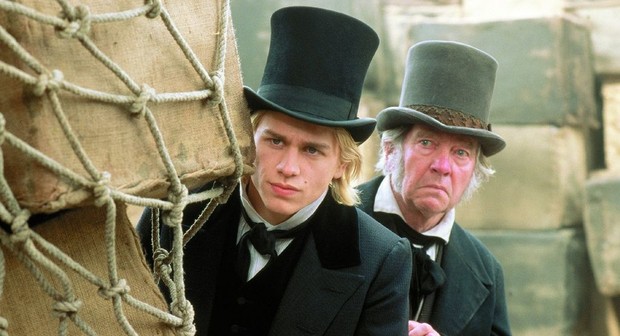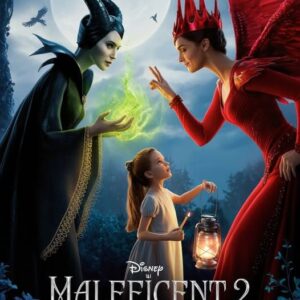Nicholas Nickleby (2002), adapted from Charles Dickens’ timeless novel, is a captivating period drama that weaves a rich tapestry of injustice, compassion, and resilience. Directed by Douglas McGrath, this film brings to life the vibrant characters and social critiques of Victorian England through the journey of a young hero. With a stellar cast and evocative visuals, it’s a must-watch for fans of classic literature adaptations and historical dramas. Below, we explore why this 2002 film remains a powerful cinematic experience.

A Faithful Adaptation of Dickens’ Classic
Nicholas Nickleby follows the titular character, played with earnest conviction by Charlie Hunnam, as he navigates a harsh world after his father’s sudden death. From the idyllic countryside to the grim underbelly of Victorian society, Nicholas is thrust into a life shaped by greed, cruelty, and social inequality. The story begins with the collapse of his family’s comfort, forcing Nicholas, his mother, and his sister Kate to rely on the dubious charity of their cold-hearted Uncle Ralph (Christopher Plummer).
A Tale of Injustice and Redemption
The film’s early scenes plunge viewers into the bleak Yorkshire boarding school run by the sadistic Wackford Squeers (Jim Broadbent). This Dickensian villain, portrayed with chilling menace, oversees a place of unimaginable brutality. The camera captures the squalor—filthy halls, tattered clothing, and the hollow eyes of abused children—with unflinching clarity, setting the tone for Nicholas’s fight against injustice. His defiance of Squeers marks the beginning of his transformation into a hero of compassion, a hallmark of Dickens’ storytelling.

Themes of Resilience and Humanity
At its heart, Nicholas Nickleby is a story about moral courage and the enduring power of human dignity. Nicholas’s journey is one of resistance against corruption and exploitation, as he protects the vulnerable Smike (Jamie Bell) and supports his sister Kate. The film balances Dickens’ sharp social commentary with moments of warmth, humor, and romance, creating a narrative that feels both timeless and deeply human. Themes of family, kindness, and defiance resonate strongly, making it a standout in the period drama genre.





